View cart “Akshat / Rice” has been added to your cart.
Lotus Seeds
₹40.00
Description
- Lotus seeds strengthens devotion and opens the heart for divine grace.
- Lotus seeds have the quality of sattva or purity and are associated with Vishnu, the preserver.
- The lotus being a symbol of growth, as it blooms beautifully even in the most unlikely, difficult environments, and is a metaphor for our own growth.
- Also called as Kamal Kakadi or Pabdi, these seeds are used an an offering to Goddess Laxmi and are also offered as a fire oblation while doing Mahalaxmi yagna.
Quantity
- 21 seeds
Categories: Daily Pooja Ingrediants, Pooja Ingrediants
Related products
Jau (Barley) grains
₹25.00
Turmeric Powder (Haldi)
₹30.00 – ₹55.00
Description
- Turmeric is considered highly auspicious in India and has been used extensively in various Indian ceremonies for millennia.
- Even today it is used in every part of India during wedding ceremonies and religious ceremonies
- Turmeric has played an important role in both Buddhist and Hindu spiritualism. The robes of the Buddhist monks were traditionally colored with a yellow dye made of turmeric.
- It is used in pooja to make a form of Lord Ganesha.
- Ganesha, the remover of obstacles, is invoked at the beginning of almost any ceremony and a form of Ganesha for this purpose is made by mixing turmeric with water and forming it into a cone-like shape.
- It is offered to Gods during pooja.
Quantity
- 50 gms , 100 gms
Kala Urad / Black gram
₹55.00
Brass Panchaarti (Small)
₹660.00
Description
- The importance of lighting a diya during worship can be traced back to Vedas.
- Light symbolizes knowledge and darkness, ignorance.
- The Lord is the “Knowledge Principle” (chaitanya) who is the source, the enlivener and the illuminator of all knowledge.
- Hence light is worshipped as the Lord Himself. Knowledge removes ignorance just as light removes darkness.
- Also knowledge is a lasting inner wealth by which all outer achievements can be accomplished.
- Hence we light the lamp to bow down to knowledge as the greatest of all forms of wealth.
- We therefore keep a lamp lit during all auspicious occasions as a witness to our thoughts and actions.
Specifications
- Material – Brass
- Pack of – 1
- Weight – 245 g
Kumkum Powder
₹30.00 – ₹55.00
Description
- Kumkum is applied to the forehead.
- The reason for this particular location has to do with the ancient Hindu belief that"the human body is divided into seven vortices of energy,called chakras,beginning at the base of the spine and ending at the top of the head.
- The sixth chakra, also known as the third eye,is centered in the forehead directly between the eyebrows and is believed to be the channel through which humankind opens spiritually to the Divine".
- Thus,the kumkum is placed at the location of the body which is the most holy.
Uses
- Kumkum powder is widely used for worshiping the Hindu goddesses,especially Shakti and Lakshmi.
- Saivites- Followers of Siva usually apply three white horizontal lines with a dot of kumkum at the center.
- Vaisnavas- Followers of Vishnu make use of "white clay to apply two vertical lines joined at the base and intersected by a bright red streak." Many times the white clay is applied in a U-shape.
- Swaminarayana- Followers of the Swaminarayana apply kumkum at the center of the forehead and in between a U-shaped tilaka.The tilaka is normally yellow and made from sandalwood.
- When a girl or a married woman visits a house,it is a sign of respect (in case of an elderly lady) or blessings (in case of a young girl) to offer kumkum to them when they leave.
- When visiting a temple or during a pooja,apply a dot on your forehead.
- In most of India, everyday, married women apply red kumkum in front of their parting on their forehead as a symbol of marriage
Quantity
- 50 gms , 100 gms
Pooja Ooti
₹50.00
Description
- Essential ingredients for offering to deities during daily worship.
Contents
- Mix of 5 dry fruits Walnut, Almond, Dates, Betelnut, Turmeric (Akhrot, Badam, Kharek, Supari, Haldi) - 5 pieces each.
- Karanda Phani: The vastra (clothing) made out of cotton and haldi (turmeric) and kumkum (vermilion) and Saubhagyalen (i.e green bangles, mangalsutra) is called 'Karanda Phani'.
Quantity
- 1 pcs each
Navadhanya
₹35.00
Description
- Navadhanya signifies the nine grains (where ‘Nava’ means nine and ‘Dhanya’ means grains) that are an important part of an Indian’s staple food.
- They are offered to the Navgrahas (9 planets). They are also part of other Hindu pooja and rituals. The Navadanya includes Bengal Gram, Wheat, Horse Gram, Green Gram, Rice, White beans, Black Seasame seeds, Chic Peas, Black Gram.
- Usage of Navadhanya as a Hindu pooja item is a ritual followed during specific occasions such as the Grahapravesam or house warming ceremony and also during the Navaratri festival.
Uses of Navadhanya for Grahapravesam
- The Grahapravesam or house warming ceremony is a ritual performed before someone starts living in a new house.
- Sometimes, a Grahapravesam may also be performed if the house or a portion of the house has been rebuilt, or if someone is coming back to live in the house after being away in a different place for a long number of years.
- The objective of performing this ritual is to invoke the blessing of the gods to grant happiness, peace, prosperity and longevity to the people who are going to live in the house.
- During this ritual, the Navadhanya is one of the essential Hindu pooja items. These nine grains are placed in a pot filled with water along with a one rupee coin and a coconut is then placed on top of the pot. The priest then performs the pooja ritual after which this pot is taken inside the house and placed near the homam fire.
Use of Navadhanya during Navarathri festival
- Navadhanya is also an important part of the Navarathri festival which is celebrated for nine continuous days in worship of the Hindu goddesses.
- “Kolu” is a significant aspect of this festival where different idols are arranged such that they signify different stories from the various epics in the Hindu religion. Pooja will be performed for the idols placed in the Kolu every evening and neighbors will be invited to visit the Kolu and sign hymns in praise of the gods.
- Each evening one of the Navadhanya will be cooked and offered to the deity and visitors in the form of “Sundal”.
- The Kolu custom and evening pooja is incomplete without a sundal made from one of the Navadhanyas.
- Apart from the spiritual or religious beliefs of well being when using a Navadhanya, intake of these grains has excellent health benefits.
Quantity
- 125 gms
Vastu pratima
₹250.00
Description
- Vastu is the science of direction that combines all the five elements of nature and balances them with man and materials.
- It is all about the interaction of various forms of best effect on a living person.
- It aims to create a subtle conducive atmosphere in a structure in which we can bring the best in ourselves, thereby paving the way for enhanced health, wealth, prosperity and happiness in an enlightened environment.
- Like any other science, vaastu is universal, rational, practical and utilitarian. It is not a religion but a science.
Uses
- Place this Vastu pratima under the ground in the North east corner of the house, while doing vastu pooja.


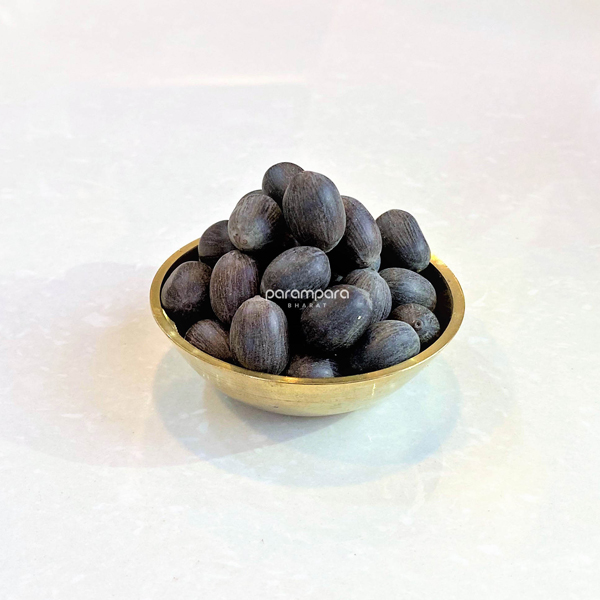

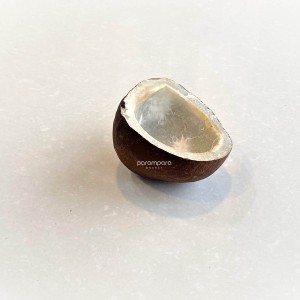
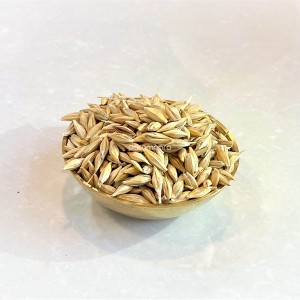
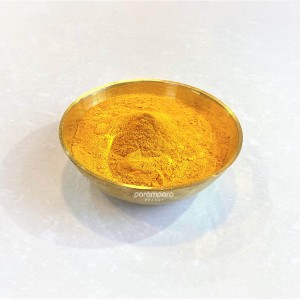


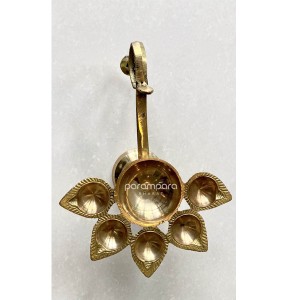
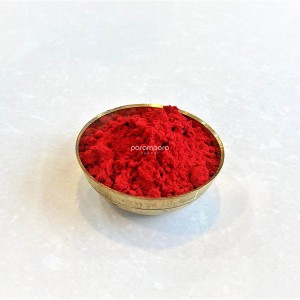
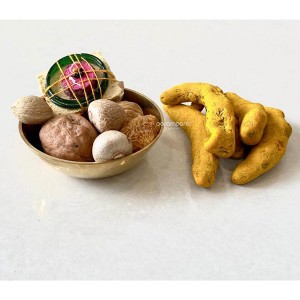
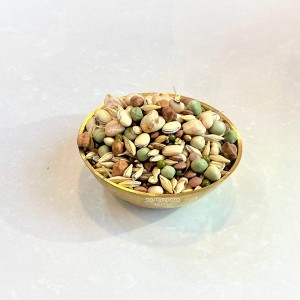
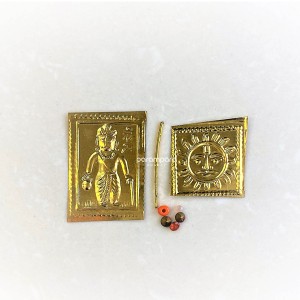


Reviews
There are no reviews yet.